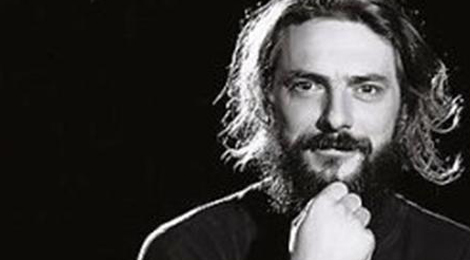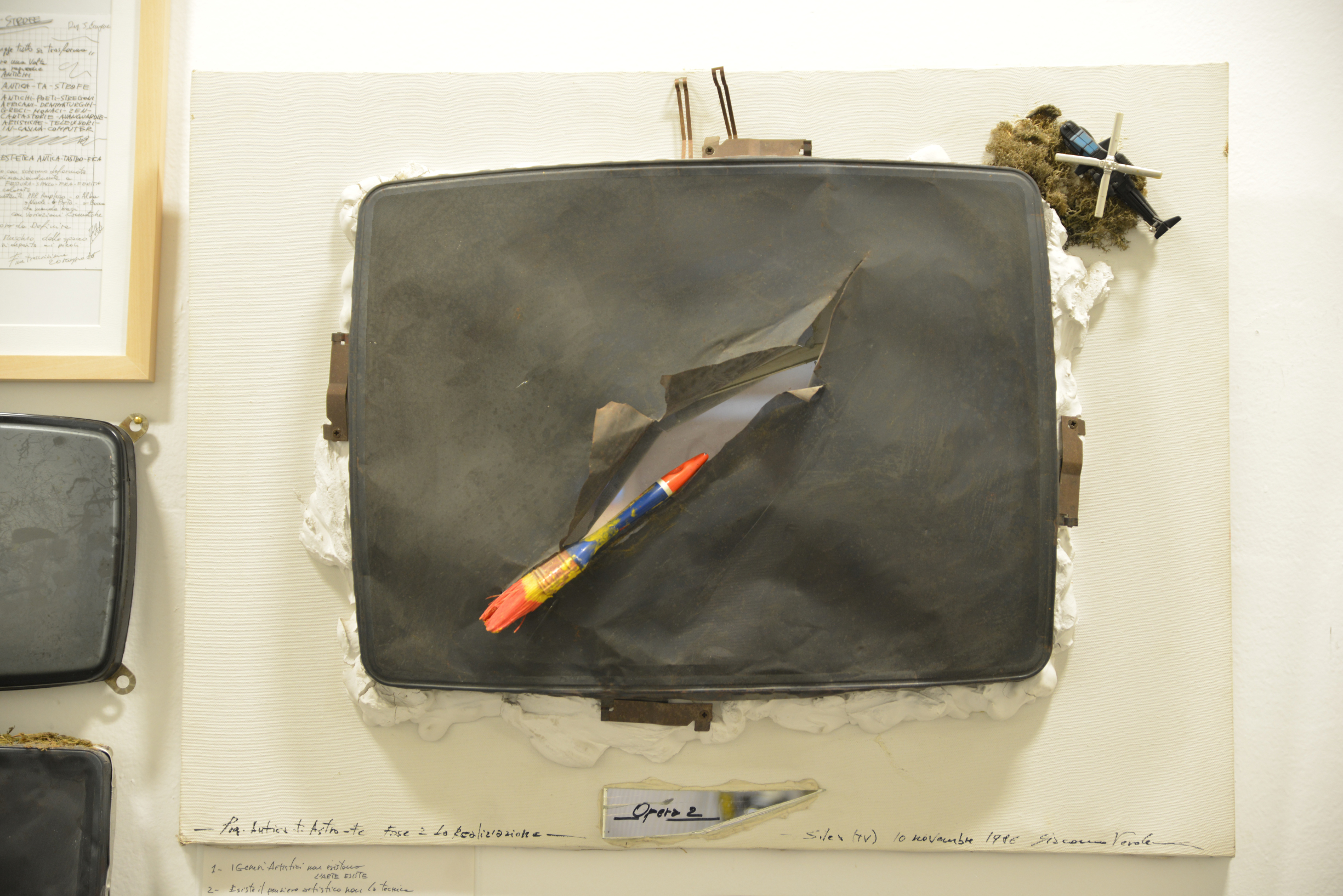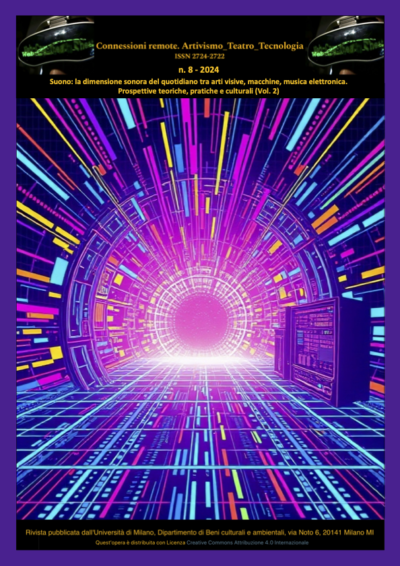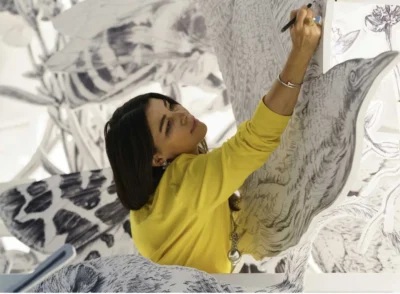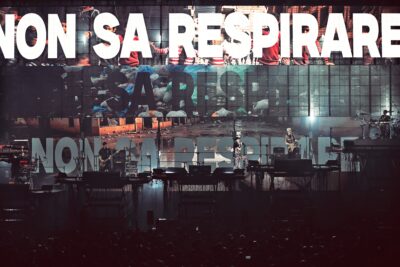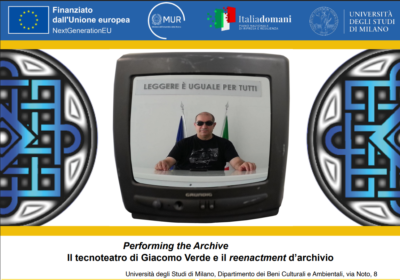| Seven Questions About Happiness. A theatre journey following the motifs of Maurice Maeterlinck’s Blue Bird, length 360 min Seven Questions About Happiness doesn’t ask questions, nor does it provide answers. Instead, the performance takes us on a fantasy journey through seven theatre lands where we can pose questions to ourselves and, if we wish, answer them as well.The creative process for the performance drew from Maeterlinck’s Blue Bird—a story of the archetypal journey of seeking happiness. After the première at the Moscow Art Theatre under direction of Konstantin Sergejevič Stanislavski (1908) and on Broadway (1910), the story saw a number of interpretations, radio and film adaptations, and a TV serial adaptation.The great success of the performance fostered Maurice Maeterlinck to write a children’s novel The Blue Bird for Children together with Georgette Leblanc. At the Lutkovno gledališče Ljubljana (Ljubljana Puppet Theatre), the Blue Bird performance (1964) directed by Jože Pengov, was considered one of the pinnacles of the then marionette theatre. The painter France Mihelič created the artistic design of the performance, and the composer Uroš Krek wrote the music.The creators of the performance Seven Questions About Happiness use the story describing the search for the blue bird to write their own story about family, memory, dreams, death, joy, love, future, repute, and sense.Seven Questions About Happiness is a performance about theatre spaces. This time (again), the director and the set designer Branko Hojnik, who have worked together before in Russia and in Norway, paid particular attention to spaces as places of imagination.Seven Questions About Happiness is a long theatre journey, a performance about a performance, a story about a story, and in some way a sequel to the creative process that started with the performance no title yet (Mladinsko Theatre, 2018).In fact, in recent years, Janežič has staged a number of unusually long performances in various countries, which aim to deconstruct theatre, highlight its miraculous nature, and put forward the community, which is part of the event.Given the obsession with happiness typical of this day and age, it is not needless to say that the two children in the story never catch the blue bird that can survive daylight. This doesn’t mean, however, that the two children don’t see and experience a great deal (may we say all of life?) and that they remain unaffected by all the things that they encounter on their path. On this journey, their view of the world, in which they return after their dreamlike life, changes. In other words: this doesn’t mean that they failed to find happiness. But we should not forget that they haven’t set out on the journey to find the blue bird for their own reasons. Tomi Janežič, stage director and pedagogue, who also works as a psychodrama therapist, is employed as a full professor at the AGRFT (Academy of Theatre, Radio, Film and Television). According to international critics, he is one of the most interesting European theatre directors of his generation. He is also internationally recognised as an expert in creative acting techniques. He has received more than thirty international awards and recognitions. Premiere: January 10th, 2020, Ljubljana Puppet Theatre |
Seven Questions About Happiness, nuovo spettacolo per Tomi Janezic a Lubjana. 6 ore di spettacolo da Maeterlinck.1288
